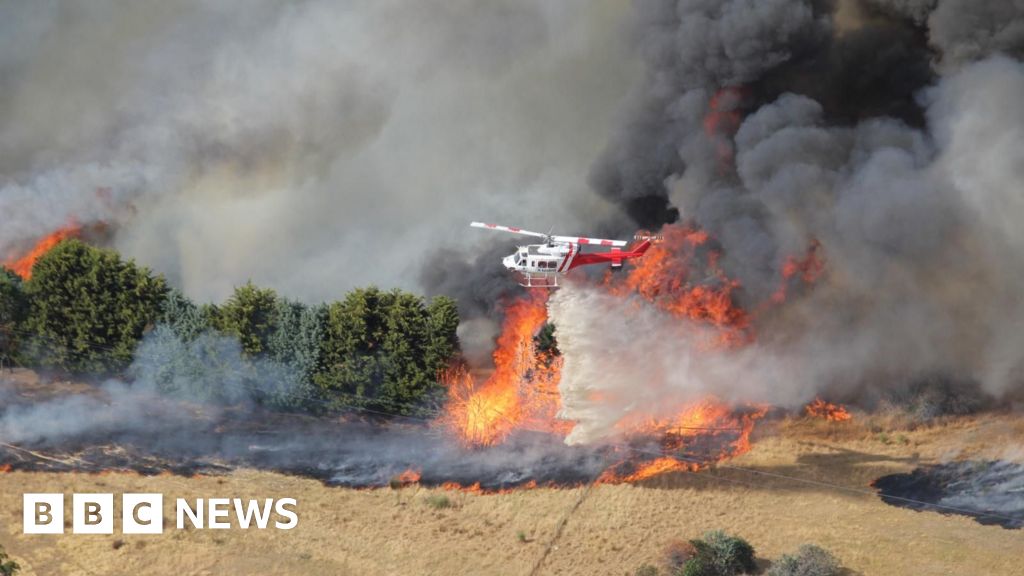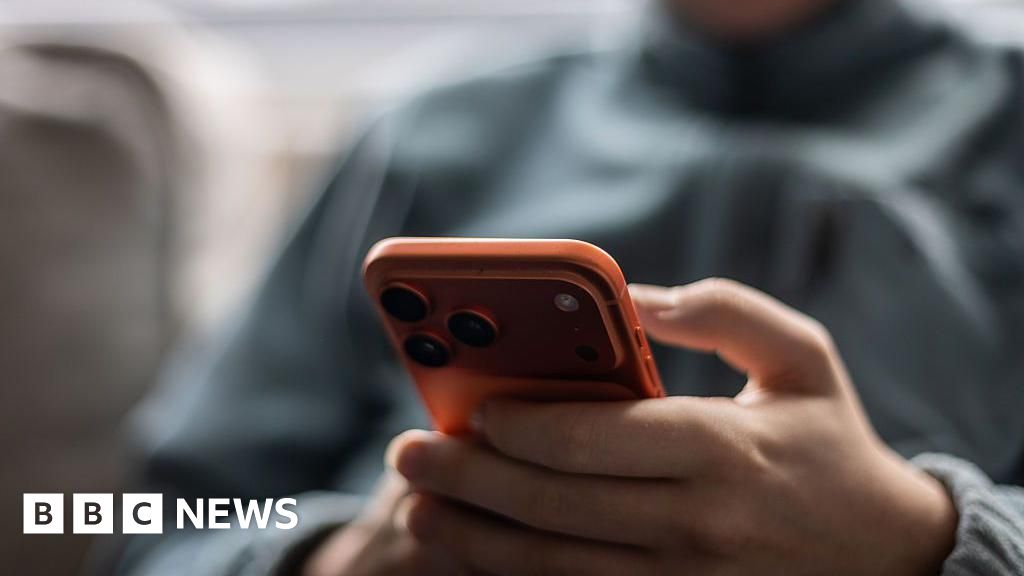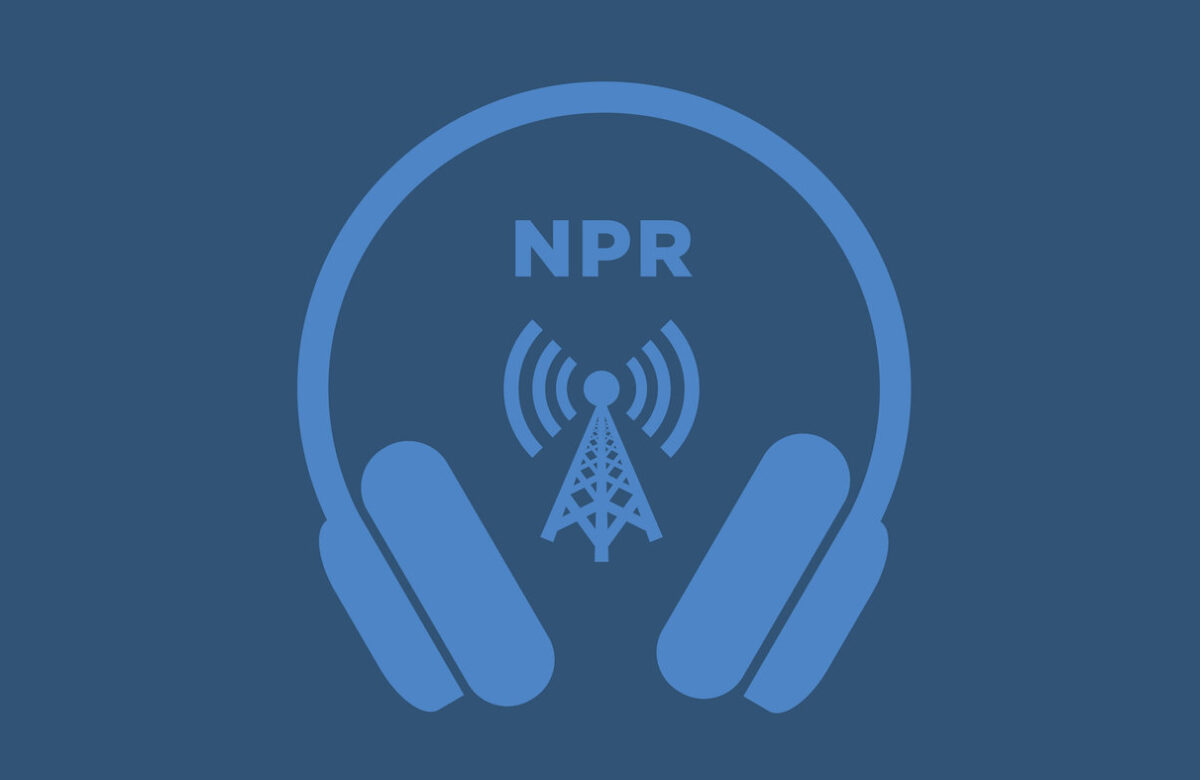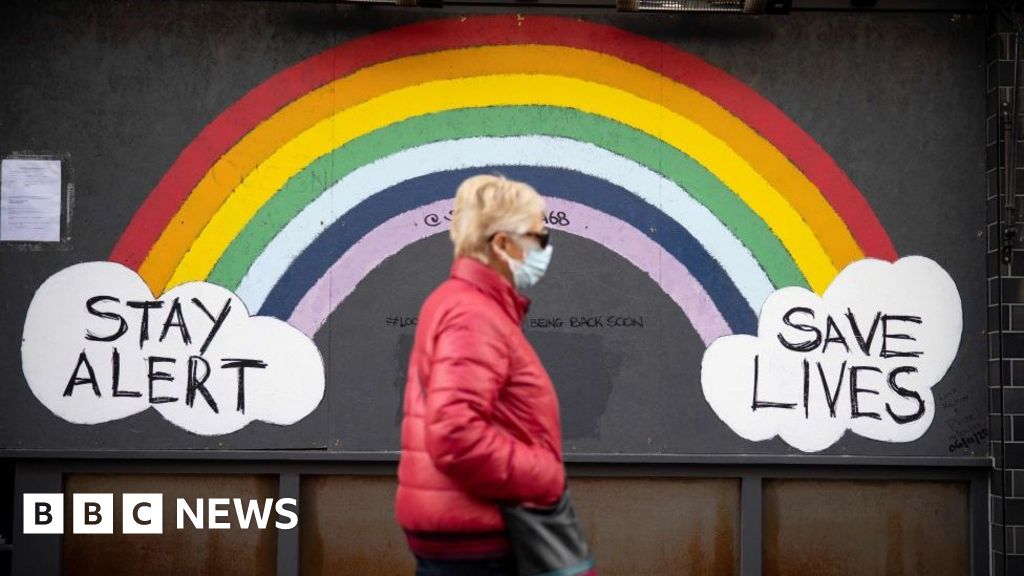
Covid inquiry: What is it investigating and how does it work?
- Health
- November 22, 2023
- No Comment
- 185
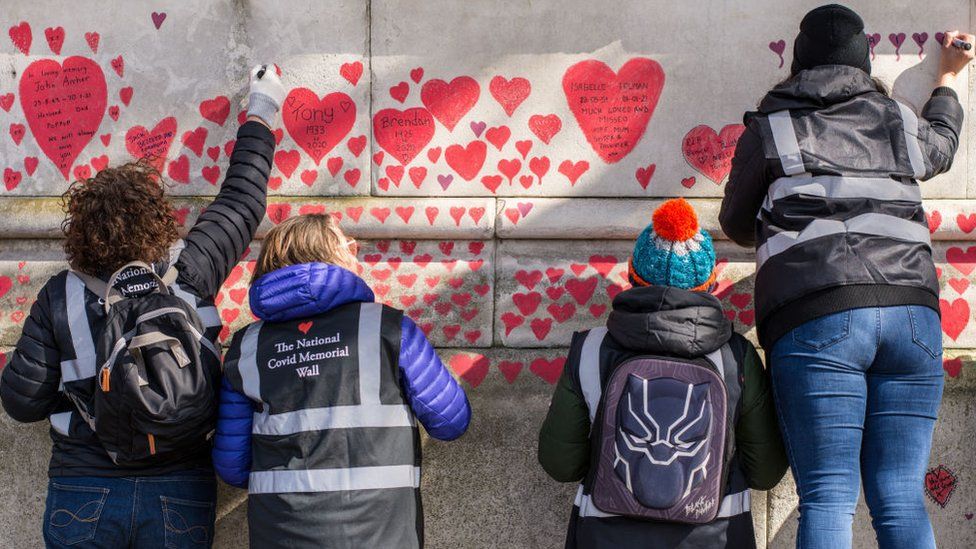
A former senior civil servant has told the Covid inquiry that she would struggle “to pick one day” when Covid rules were properly followed inside No 10.
Helen MacNamara addressed the inquiry the day after explosive evidence from two of Boris Johnson’s closest aides during the pandemic – Dominic Cummings and Lee Cain – strongly criticised the former prime minister’s handling of the situation.
The second round of Covid inquiry public hearings is focusing on the response of central government and how ministers made decisions.
What is a public inquiry?
Public inquiries respond to “public concern” about events. They are established and funded by the government, but led by an independent chairperson.
An inquiry can demand evidence and compel witnesses to attend.
No-one is found guilty or innocent, but lessons learned are published. The government is not obliged to accept any recommendations.
Mr Johnson said the government’s response would be “under the microscope”.
Who is leading the Covid inquiry?
She previously led the inquests into the 7 July London bombings.
Baroness Hallett promised the inquiry would be “thorough and fair”
How does the inquiry work?
Work in four areas has already begun:
- resilience and preparedness
- core UK decision-making and political governance
- the impact of Covid on healthcare systems
- vaccines, therapeutics and antiviral treatment
Future strands will consider:
- the care sector
- government procurement and PPE
- test-and-trace
- the government’s businesses and financial responses
- health inequalities
- education, children and young people
- other public services
There is no specific timescale for how long the inquiry will last.
What is the second round of public hearings covering?
Who has given evidence during the second round?
Former deputy cabinet secretary Ms MacNamara told the inquiry that a sexist and macho culture meant women’s perspectives were absent from the decision-making process.
She criticised Mr Johnson’s “breezy confidence” about the unfolding pandemic in March 2020, recounting the “horrible” moment she realised the UK was heading for “total disaster”, 10 days before the first lockdown.
In 2022, she was fined for attending a 2020 lockdown party in the Cabinet Office, an event she admitted “should never have happened”.
In his evidence, Mr Johnson’s former adviser Mr Cummings described a “dysfunctional” government which had no plans to lock down the country or shield the vulnerable, even as the virus spread across the UK in early 2020.
Scathing text messages from Mr Cummings – who was sacked in late 2020 – were read out to the inquiry, many of which contained offensive descriptions of ministers and officials.
He admitted that the handling of his infamous trip to Barnard Castle during the first lockdown was a “disaster” which he regretted, but denied that his actions had damaged public trust in the government.
In his evidence, another former aide Mr Cain said the pandemic was the “wrong crisis” for Mr Johnson’s “skill set”, accusing him of delaying making decisions and “constantly” changing his mind.
Who gave evidence during the first public hearings?
The first public hearings, linked to the UK’s resilience and preparedness, took evidence from 69 independent experts and former and current government officials and ministers.
These included former health secretaries Jeremy Hunt and Matt Hancock, former prime minister David Cameron and former first minister of Scotland, Nicola Sturgeon.
The inquiry also heard from the UK government’s chief medical adviser during the pandemic, Sir Chris Whitty, his predecessor Prof Dame Sally Davies, and the government’s chief scientific adviser, Sir Patrick Vallance.
Prof Dame Sally Davies tells the Covid inquiry that “it wasn’t just the deaths, it was the way they died”.
When will the inquiry publish conclusions?
The next public hearings for the third area of examination – the impact of the pandemic on healthcare systems across the UK – are expected to run for 10 weeks from the autumn of 2024.
How can the public get involved?
Members of the public are invited to share their experiences through the inquiry’s Every Story Matters project.
Related Internet Links
The BBC is not responsible for the content of external sites.
#Covid #inquiry #investigating #work


